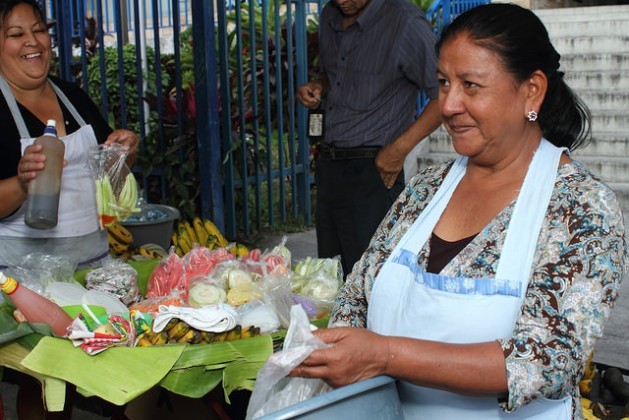IPS News brings us this story about El Salvador revisiting its pension system to potentially take women’s interests into account more than it has historically.
The country’s system currently favors men—not because it seeks to disenfranchise women literally but because it largely leaves out workers in the “informal” sector when it comes to who pays into (and benefits from) the system. The majority of informal sector workers are women. It’s one example of the ways economic and global issues can disproportionately affect women.
Read this excerpt and continue to the whole article at the link, and keep learning about ways in which empowering our women can help entire communities and societies.
ipsnews.net – SAN SALVADOR, Feb 17 2016 (IPS) – El Salvador is debating reforms of the country’s privatised pension system, which could introduce changes so that it will no longer discriminate against women.
“The pension system has a male-centred, patriarchal focus that fails to take into account the specific differences that women face in the world,” said Marta Zaldaña, secretary general of the Federation of Independent Associations and Unions of El Salvador (FEASIES).
The head of FEASIES, which groups more than 20 trade unions, told IPS that one example of the sexist treatment received by women is the 115,000 domestic workers who are completely outside the system, with no right to a pension or even the minimum wage, or any other kind of protection or regulation.
People working in the informal sector of the economy, 65 percent of whom are women, do not pay into the system and will have no right to a retirement pension, economist Julia Evelin Martínez, a researcher at the José Simeón Cañas Central American University School of Economy, told IPS.



